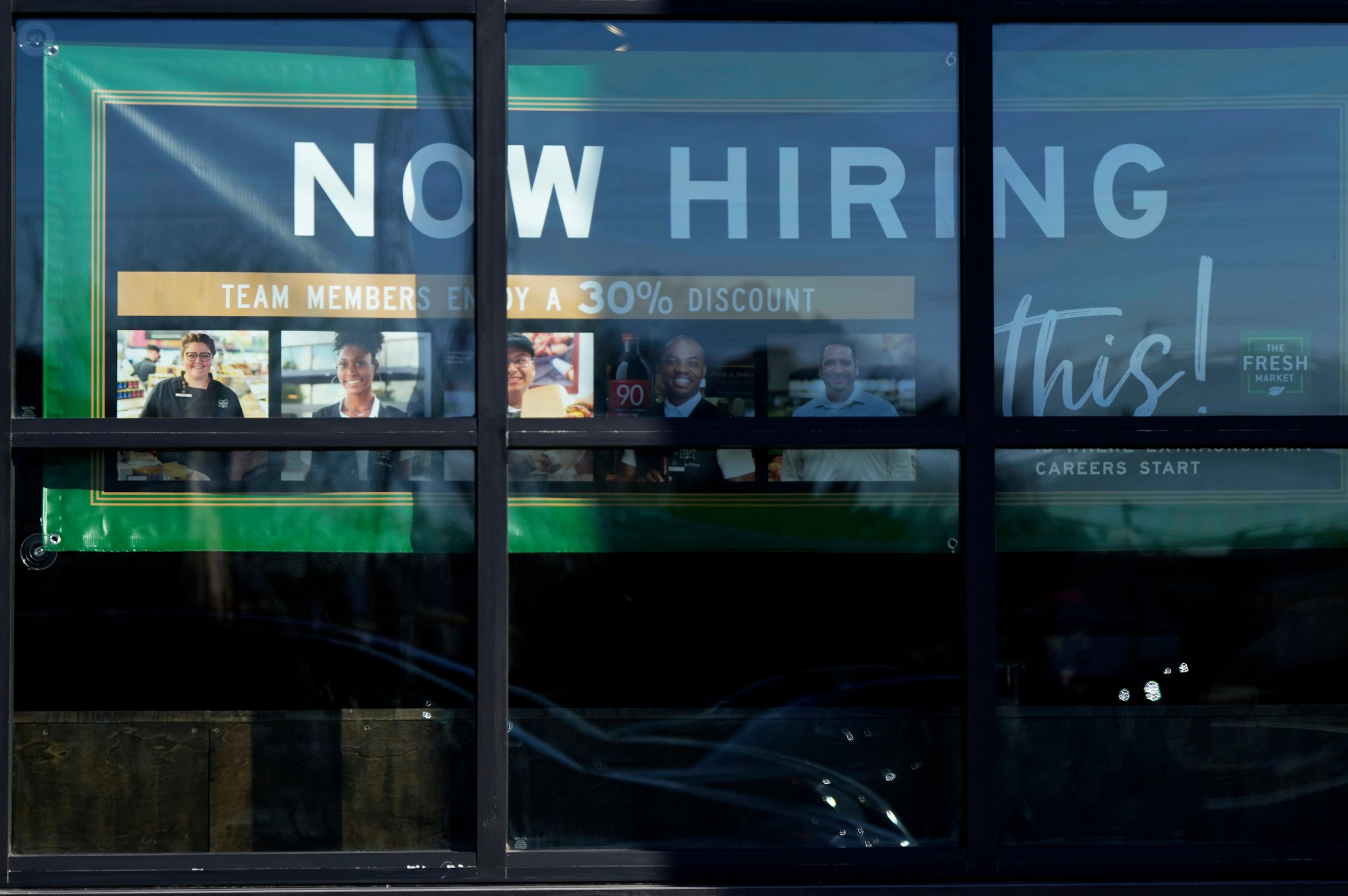Atlanta workers can help Delta fly high again
Ed Bastian famously described his job as CEO of Atlanta-based Delta Air Lines as “taking care of our people.” According to the company’s own website, his leadership philosophy is based on the “virtuous circle”: If you take care of your people, they take care of your customers, whose business and loyalty allow you to reward your investors.
This is a welcome sentiment from one the city’s largest and most reputable employers. Based on recent events, however, it simply doesn’t match the current reality at Delta Air Lines.

At the end of last year, the company announced layoffs at its Atlanta headquarters. News of the layoffs came Thanksgiving week, as families were gathering with loved ones and kicking off what should have been a joyous holiday season. Instead, employees were handed pink slips, despite the company’s staggering profits, an eyewatering $2 billion in the last quarter of 2023 alone.
Then, for the second time in as many years, Delta’s shareholders voted to deny workers — many of them Atlanta residents — their most basic workplace rights. Without input from employees, shareholders voted behind closed doors to allow the company’s executives to interfere in employee’s efforts to hold a union election.
Then, last month, a technology meltdown at Delta and other major corporations made headlines across the country. Half a million Delta customers were left stranded. Here in Atlanta, Delta’s largest U.S. hub, thousands of passengers were sent misleading texts about their new flight times, while countless more were forced to take refuge and sleep on the terminal’s floors for days on end. Now, the company faces a lawsuit from stranded passengers.
Delta wasn’t the only airline impacted by these outages, but its response times were the worst. The airline’s inability to recover until long after the rest of the industry was back online is the subject of an ongoing federal investigation.
This isn’t the first time Delta seemed to take its passengers for granted. The company suffered reputational damage last year when it announced cutbacks to its frequent-flyer program. After what was described in news reports as a “customer revolt,” Bastian was forced to rescind some of the company’s planned downgrades for its most loyal customers.
Unfortunately for Delta, the die was already cast. The former industry leader saw its customer satisfaction ratings plummet from first to fourth. Not great news for Atlanta’s top employer.
Of course, Delta wasn’t responsible for starting the widespread technology meltdown. But we will never know how much faster the company would have recovered — and how much more quickly passengers could have been back on their way — if Bastian had taken his own advice when it came to the company’s treatment of its roughly 40,000 Atlanta-based employees.
Employees say they need to join a union so they can fix Delta’s staffing crisis. They know that if Delta offers decent wages and benefits, the company will have no problem attracting and retaining high-quality, experienced staff. More staff will mean lower wait times, and passenger satisfaction will soar again.
The evidence is clear: At the International Association of Machinists and Aerospace Workers (IAM), we represent more than 110,000 airline workers, including many right here in Atlanta. We have deep experience in this industry, and we’ve seen time and time again that when employees are treated well, companies do well too.
Our union represents thousands of airline workers in Atlanta. They live here, raise families here, own homes here and contribute to the local economy. They also ensure that millions of passengers that come through the city’s airport are kept safe, receive assistance when needed and make it to their destinations.
If Bastian truly wants to right the plane, he’d be wise to take notice. Delta’s Atlanta workforce stands ready to partner with him to put Delta Air Lines in the top spot again. Because, as he so wisely noted, happy employees mean happy customers, and that’s an outcome we can all get on board with.
Brian Bryant is international president of the 600,000-member International Association of Machinists and Aerospace Workers (IAM), the nation’s largest airline union.


